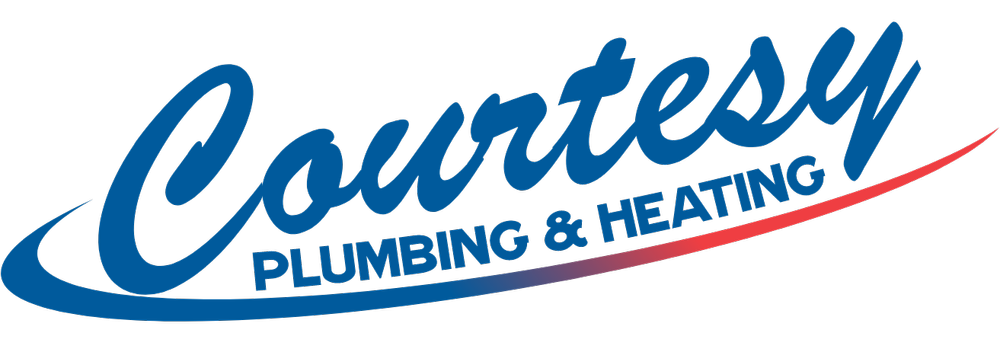Heating System Efficiency: Tips for Lowering Your Energy Bills
In the midst of rising energy costs, keeping your home warm during the chilly months can take a toll on your wallet. However, there are several steps you can take to improve the efficiency of your heating system and ultimately reduce your energy bills. From simple adjustments to more substantial upgrades, let's explore some tips for maximizing heating efficiency in your home.
Regular Maintenance:
Just like any other machinery, your heating system requires regular maintenance to function efficiently. Schedule annual inspections with a qualified technician to clean and tune up your system. This can prevent breakdowns, ensure optimal performance, and extend the lifespan of your equipment.
Replace Air Filters:
Clogged air filters restrict airflow, forcing your heating system to work harder to maintain the desired temperature. Replace disposable filters every 1-3 months, depending on usage, and clean reusable filters according to the manufacturer's instructions.
Invest in a Programmable Thermostat:
A programmable thermostat allows you to set different temperatures for various times of the day, ensuring that your heating system isn't running at full blast when no one is home or while you're asleep. By adjusting the temperature based on your schedule, you can significantly reduce energy consumption and lower your bills.
Seal Leaks and Insulate:
Inspect your home for air leaks around windows, doors, and ductwork. Seal any gaps or cracks with caulk or weatherstripping to prevent heat loss. Additionally, adequate insulation in the walls, floors, and attic helps to retain heat, making your home more comfortable and energy-efficient.
Upgrade to Energy-Efficient Equipment:
If your heating system is outdated, consider upgrading to a more energy-efficient model. Look for furnaces, boilers, or heat pumps with high Annual Fuel Utilization Efficiency (AFUE) or Heating Seasonal Performance Factor (HSPF) ratings. While the initial cost may be higher, the long-term savings on energy bills can make it a worthwhile investment.
Zone Heating:
If you have a larger home or areas that are infrequently used, consider implementing zone heating. This involves dividing your home into separate zones with independent temperature controls, allowing you to heat only the areas that are occupied. Zone heating can help you save energy and money by avoiding unnecessary heating of empty rooms.
Utilize Natural Heating:
Take advantage of natural sunlight during the day by opening curtains or blinds on south-facing windows to let in warmth. Similarly, keep curtains closed at night to insulate against cold drafts. Additionally, rearrange furniture to ensure that vents and radiators are unobstructed for optimal airflow.
Adjust Ceiling Fans:
Ceiling fans can be used to distribute warm air more efficiently throughout your home. In the winter, set your fan to operate in a clockwise direction at a low speed to gently push warm air down from the ceiling.
Conclusion:
By implementing these tips, you can improve the efficiency of your heating system and enjoy lower energy bills without sacrificing comfort. Whether through simple adjustments or more significant upgrades, taking proactive steps to reduce energy consumption not only benefits your wallet but also contributes to a more sustainable future. Stay warm and cozy while saving money this heating season!

